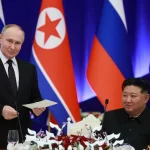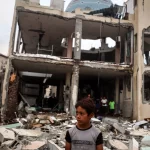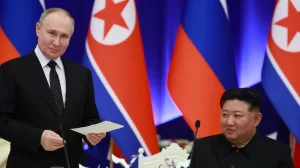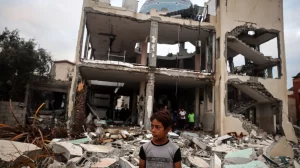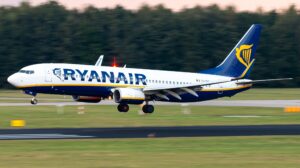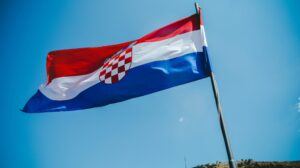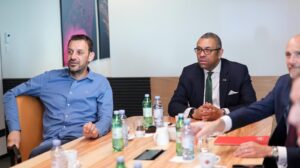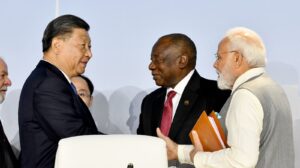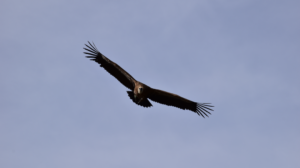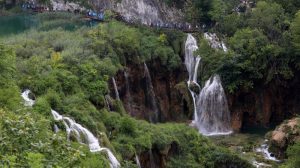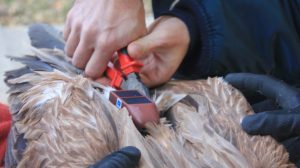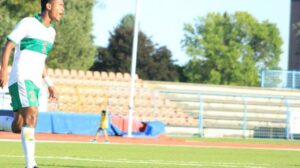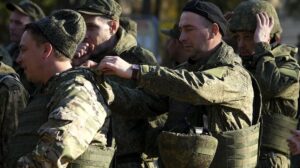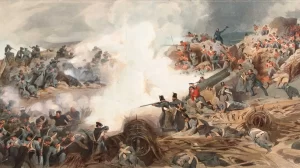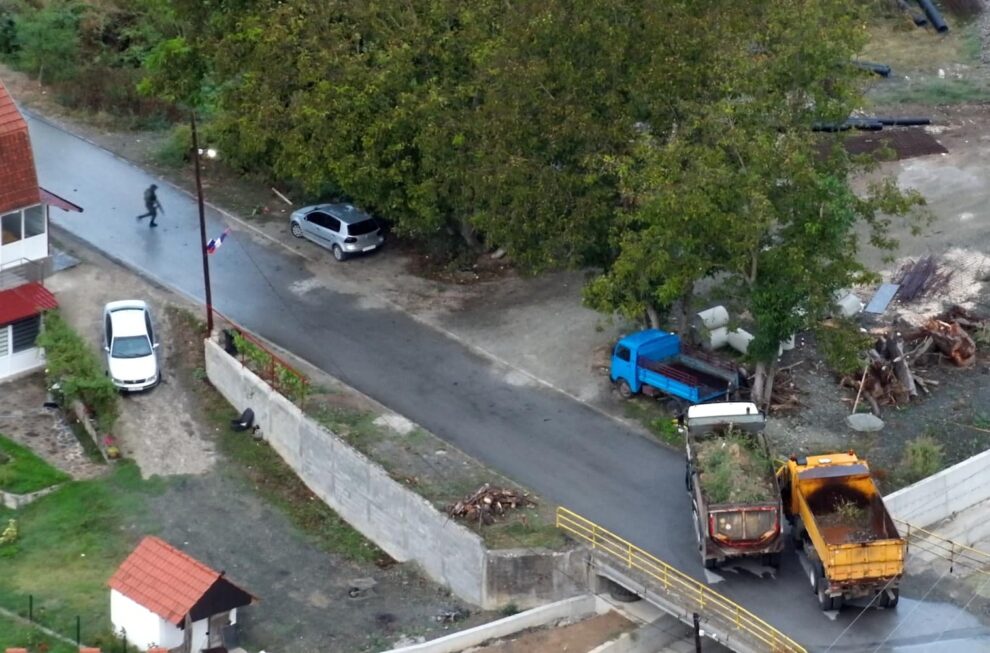Kosovo Prime Minister Albin Kurti claimed that a Serbian-backed group of “heavily armed” men had attacked the police, killing one and wounding two, before surrounding a monastery in the northern Banjska/Banjske area.
Albin Kurti said on Sunday that around 30 armed people, who he claimed had entered Kosovo to destabilise the situation in the country, had shot a policeman dead and wounded two others before surrounding a Serbian Orthodox monastery in Banjska/Banjske, in the Serb-majority northern municipality of Zvecan.
“There are at least 30 heavily armed people … who are being besieged by our police forces and who I call on to surrender to our security bodies,” Kurti told a press conference in Pristina.
He said that “these are not regular citizens, this is a professional formation”.
In a subsequent post on X, formerly Twitter, Kurti blamed “Serbian-state supported troops” for perpetrating what he described as “terrorist attacks”.
A group of worshippers and monks have locked themselves inside the Banjska/Banjske monastery for their own safety.
At the press conference, Kurti showed photos of the area around the monastery, saying that they show “heavily armed people with military equipment and masks who are around the monastery”.
He said that “in addition to jeeps, they also have armoured vehicles”.
Pointing at the photos, Kurti claimed that one shows an unidentified person “carrying a Zolja [anti-tank rocket grenade] on his back” and “a jeep without a licence plate”.
Kurti said the Kosovo police first suspected the armed group of being smugglers, but they are not the usual goods-smuggling gangs that the police deal with in the north of the country.
Speaking earlier on Sunday, Kosovo President Vjosa Osmani claimed the violence was “orchestrated by Serbian criminal gangs” and described it as an attack on Kosovo’s sovereignty.
Kosovo police announced on Sunday morning that “around 02:34 in North Mitrovica, the border police rapid intervention unit noticed in the entrance of Banjska village that two trucks (without license plates) were placed on the bridge” blocking the entrance to the village.
“The police units encountered resistance and they were fired upon from several different positions with an arsenal of firearms, including hand grenades and a Zolja,” the police statement added.
This led to the death of one policeman and the wounding of two others, one who needed surgery to remove shrapnel.
The Raska-Prizren Diocese of the Serbian Orthodox Church condemned the attack, denying any involvement with the attackers.
The diocese said in a statement that for safety reasons “the monastery community and worshippers have locked themselves inside the residence, and the monastery’s church is also secured”.
“Currently, a group of worshipers from Novi Sad, including the priest, Abbot Danilo, and the monastery brethren, are inside,” it said.
“The diocese is profoundly concerned as, according to recent reports, an armed group in masks breached the monastery’s gates using an armoured vehicle. Armed and masked individuals are reportedly moving around the premises and occasional gunfire is being heard,” it added.
It said it strongly condemned “the violence that is being used in the religious building of the Serbian Orthodox Church, and calls on all parties to end the conflict as soon as possible”.
Meanwhile, Kosovo police said that “in line with situation and the danger posed by sporadic attacks of criminal groups”, police has answered gunfights in self-defence and in defence of citizens of the area a nd killed one attackers.
Hours after the incident, the NATO-led KFOR mission condemned the attack against the Kosovo Police and said it continues to closely monitor the situation in Banjska/Banjske, and KFOR troops are present in the area, standing ready to respond if required.
“The Kosovo Police, as first responder, has primary responsibility for managing the incident on the ground,” KFOR said in a press statement.
The EU’s foreign policy chief, High Representative Josep Borrell, condemned “the hideous attack by an armed gang against Kosovo Police officers in Banjska/Banjske in the north of Kosovo”.
“All facts about the attack need to be established. The responsible perpetrators must face justice,” Borrell said.
He added that “[EU rule-of-law mission in Kosovo] EULEX, as second security responder, is on the ground and in close contact with the authorities and {NATO’s Kosovo force] KFOR”.
The US, German and Italian embassies in Pristina have also condemned the attack on the Kosovo police.
Source : Balkan Insight




